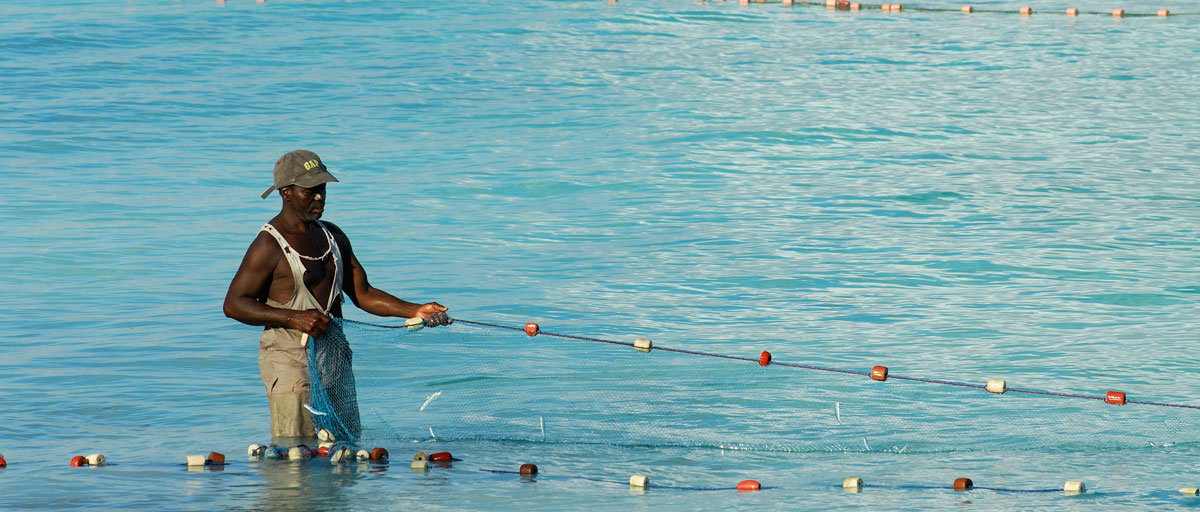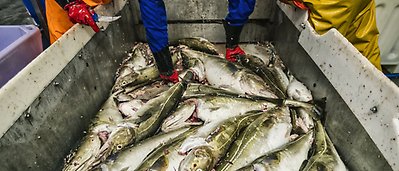Assistance networks in seafood trade – A means to assess benefit distribution in small-scale fisheries
Summary
This article addresses the connections between value chain actors in the tropical-marine small-scale fisheries of Zanzibar, Tanzania, to contribute to a better understanding of the fisher-trader link and how connections in general might feed into livelihood security. A sample of 168 fishers and 130 traders was taken across 8 sites through questionnaires and observations. The small-scale fishery system is mapped using a value chain framework both traditionally and from a less economic point of view where the assistance-exchange networks between fishery actors add another layer of complexity. Auxiliary actors previously disregarded emerge from the latter method thus shedding light on the poorly understood distribution of benefits from seafood trade. Female actors participate quite differently, relative to males in the market system, detached from high-value links such as the tourist industry, and access to predetermined or secured sales deals. Data shows that the fisher-trader link is not as one-sided as previously presented. In fact it has a more symbiotic exchange deeply nested in a broader trading and social system. Expanding the analysis from this link by taking a further step downstream highlights traders’ own sales arrangements and the social pressures they are under in realizing them. A complex picture, inclusive of diversified perspectives, on interactions in the market place is presented, as well as a reflection on the remaining critical question: how to integrate this type of data into decisions about future fisheries governance.







